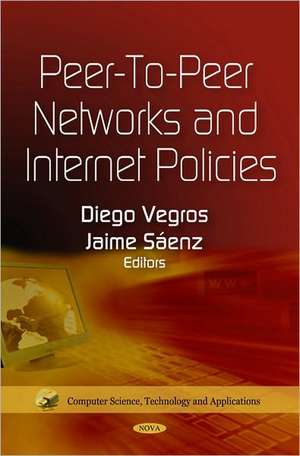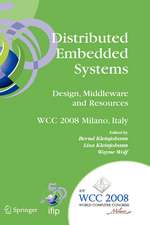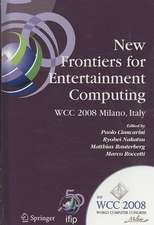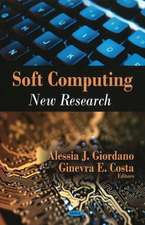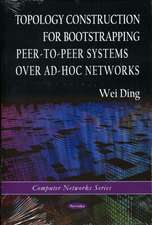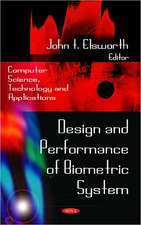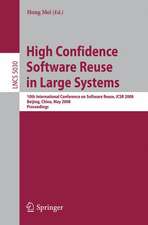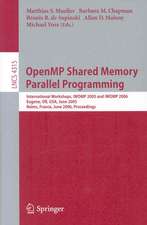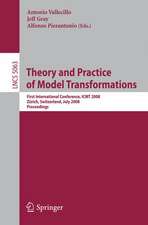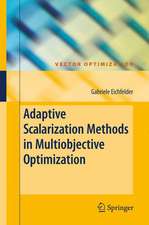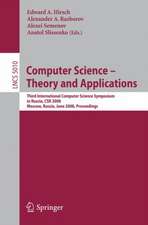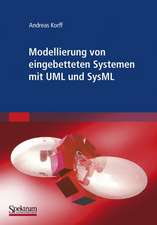Peer-to-Peer Networks and Internet Policies
Editat de Diego Vegros, Jaime Saenzen Limba Engleză Hardback – 22 feb 2011
Preț: 1228.71 lei
Preț vechi: 1999.78 lei
-39% Nou
Puncte Express: 1843
Preț estimativ în valută:
235.15€ • 244.59$ • 194.12£
235.15€ • 244.59$ • 194.12£
Carte disponibilă
Livrare economică 24 martie-07 aprilie
Preluare comenzi: 021 569.72.76
Specificații
ISBN-13: 9781608762873
ISBN-10: 1608762874
Pagini: 261
Ilustrații: tables & diagrams
Dimensiuni: 187 x 259 x 20 mm
Greutate: 0.69 kg
Ediția:New.
Editura: Nova Science Publishers Inc
ISBN-10: 1608762874
Pagini: 261
Ilustrații: tables & diagrams
Dimensiuni: 187 x 259 x 20 mm
Greutate: 0.69 kg
Ediția:New.
Editura: Nova Science Publishers Inc
Cuprins
Preface; Peer-to-Peer Storage: Security & Protocols; Computer Law of Colombia & Peru: A Comparison with the U.S. Uniform Electronic Transactions Act; A Framework to Integrate the Gulf of Mexico Data Sources; An Intrusion Detection Model using Bayesian Game in Ad Hoc Networks; Course Design & Teaching Materials for Network Literacy; Faculty Learning in Online Courses; The World According to YouTube: Explaining the Rise of Online Participative Video; Peer-to-Peer Content Distribution Systems: Surveying the Landscape; The Ethics of Online Research: The New Challenges of New Media; Phenomenology of Internet Addiction; Leveraging Peer-to-Peer Networks for Effectively Managing Computing Resources; NCTUns Tool for Evaluating the Performances of Real-Life P2P Applications; Index.
